
Science Reveals How This Physical Trait May Indicate Narcissism

Scientists have recently uncovered a fascinating connection between a specific physical trait and narcissistic tendencies, reshaping how we understand personality and the subtle cues that appearances may offer. While narcissism is often discussed as a purely psychological condition, new research suggests that certain facial features—such as thick eyebrows—might also be linked to narcissistic behaviors.
This discovery invites a broader conversation: Can our looks really reveal something about our personality? In this article, we’ll explore what narcissism truly means, how it presents in people’s behavior, and what science says about physical signals. We’ll also discuss what these insights might mean for real-life interactions, relationships, and the future of personality research.
What Is Narcissism, Really?
Many people use the term narcissist casually—to describe someone who's vain, arrogant, or self-centered. But narcissism is far more complex than simply loving the mirror.
In psychology, narcissism refers to a personality trait (or in some cases, a full-blown disorder) marked by:
-
An inflated sense of self-importance
-
A constant need for attention or admiration
-
A lack of empathy for others
-
A tendency to manipulate or exploit relationships
Importantly, narcissism exists on a spectrum. Some individuals display mild traits, while others may meet the criteria for Narcissistic Personality Disorder (NPD), a recognized mental health condition.
Key narcissistic behaviors may include:
-
Entitlement (“I deserve special treatment”)
-
Arrogance or superiority
-
Emotional manipulation
-
Difficulty handling criticism
Understanding narcissism isn’t just about labeling people—it helps us make sense of challenging interactions and set healthier boundaries in both personal and professional relationships.
How Personality and Appearance Might Be Connected
Humans are naturally wired to read faces and make snap judgments. In fact, our brains constantly analyze facial cues—consciously and unconsciously—to assess trustworthiness, confidence, dominance, or emotion.
Emerging research shows that some personality traits may be reflected in physical characteristics. This isn’t about stereotyping, but about understanding how biology and behavior can sometimes align.
Studies in personality psychology and behavioral science are now exploring questions like:
-
Do certain facial features correlate with personality traits?
-
Can small details—like eyebrow shape or facial symmetry—signal deeper tendencies?
-
How do nonverbal cues reflect inner motivations?
While we should never judge people based on looks alone, the face-personality connection may provide subtle clues—especially when combined with observed behaviors over time.
Thick Eyebrows: A Physical Trait Linked to Narcissism
One of the most attention-grabbing findings comes from recent studies that link thick eyebrows to higher levels of narcissism.
Why eyebrows?
Researchers found that individuals with thicker, more prominent eyebrows were more likely to score higher on narcissism scales. Here's why this trait may stand out:
-
Eyebrows signal boldness and confidence—traits often associated with narcissism
-
Thick eyebrows are visually dominant and may attract more attention, which narcissists tend to crave
-
Unlike behavior or speech, eyebrows are harder to “fake” or control, making them a more consistent feature
A study published in Journal of Personality noted that participants rated faces with thick, groomed eyebrows as more narcissistic—even when other facial features remained the same. This suggests we may subconsciously link eyebrow style or thickness with assertiveness and self-focus.
However, it’s important to note: not everyone with thick eyebrows is a narcissist, and not all narcissists have thick eyebrows. This is about trends, not certainties.
Other Physical Traits That May Hint at Narcissism
Eyebrows aren’t the only feature researchers are exploring. Scientists are investigating a range of facial and behavioral signals that may relate to narcissism, including:
-
Facial symmetry – Often associated with attractiveness, it may also project confidence or perceived superiority
-
Sharp jawlines – Sometimes linked to dominance and assertiveness
-
Eye contact – Narcissists may hold intense, prolonged eye contact to assert control, or in contrast, avoid it if it suits their manipulative goals
-
Smiling patterns – Overly frequent or exaggerated smiles may be used to gain admiration or influence others
These features by themselves don’t diagnose narcissism. But taken together—with behavioral cues—they can help us form a more complete picture of someone’s personality.
Why This Research Matters in Everyday Life
So, why does any of this matter?
Understanding how narcissism might subtly show up in physical traits helps in several ways:
-
Early identification – If you're dating, interviewing, or working with someone, early signs of narcissistic tendencies may help you navigate relationships more wisely
-
Improved communication – Recognizing narcissistic behavior can help you manage conflict and set boundaries
-
Therapeutic insight – For counselors and psychologists, physical cues may serve as an additional tool for assessment
-
Reduced self-doubt – If you've been manipulated or gaslit by a narcissistic person, this knowledge can validate your experience
Still, caution is key. Judging someone solely by appearance can lead to harmful assumptions. The most effective approach is to combine physical cues with behavioral patterns, context, and direct interaction.
The Role of Culture and Genetics
Cultural standards heavily influence how we interpret physical traits. For instance:
-
In some societies, thick eyebrows are seen as fashionable or powerful
-
In others, they're associated with nonconformity or rebellion
Cultural context can shape how narcissistic traits are perceived and expressed. Genetics also plays a role—both in facial structure and personality predisposition. For example:
-
Some research suggests narcissism may have heritable traits
-
A person may inherit both thick eyebrows and a strong personality, without one directly causing the other
Upbringing, environment, and life experiences also influence whether narcissistic traits emerge or remain dormant. This complex interplay makes human behavior far more than skin deep.
What This Means for You
For the average person, this research isn’t a reason to judge others by appearance—it’s a prompt to observe more mindfully.
If someone with thick eyebrows also shows signs of manipulation, entitlement, or lack of empathy, it may be worth paying closer attention. But the focus should always remain on how a person treats others, rather than how they look.
Ultimately, these findings encourage us to become more socially aware and emotionally intelligent. They help explain some of the intuitive feelings we get about people—and offer a scientific lens to better understand them.
Looking Forward: The Future of Personality and Appearance Research
As facial recognition technology and behavioral science advance, researchers will continue to uncover how our biology and psychology are connected.
Future studies may explore:
-
How facial features relate to traits like empathy, honesty, or aggression
-
How artificial intelligence can detect personality traits through microexpressions
-
The ethics of using appearance-based data in hiring, policing, or therapy
This field of study is still young—but it holds powerful potential. As long as we remain ethical and nuanced in our interpretations, the science can enrich how we see ourselves and others.
Conclusion: A Face Is More Than Just a Face
The discovery that thick eyebrows may be linked to narcissism highlights an intriguing connection between appearance and personality. Narcissism is a deeply rooted trait that affects how people relate to others and see themselves. While we should never rely solely on physical signs, these insights open up a broader understanding of how personality may manifest in subtle, visible ways.
By combining scientific knowledge with empathy, we gain a more holistic view of human nature. Our faces may tell more of a story than we once believed—not to judge, but to better understand.
News in the same category


Couple’s Walk Leads to a Rare $70,000 Ambergris

Phones Now Banned in Schools Across 26 States

Texas House Votes To Permit Over-the-Counter Access To Ivermectin

Playful ICE Arrest Mugshot Explodes Online — And The Real Reason Will Surprise You

The difference between the spirit of a loved one and other forces

Why Sleeping in Socks Might Be the Secret to Better Sleep

The World’s Strongest Animal Isn’t an Elephant or Bear

Your Smartphone Battery’s Lifespan Depends on How You Charge It—Here’s How to Do It Right

How to Extend Your Smartphone Battery’s Lifespan

Hotel Room Red Flags You Should Never Ignore

Trump Announces Eye-Watering $200,000,000 White House Renovation Plans

Turkey bars Israeli ships from its ports, restricts airspace
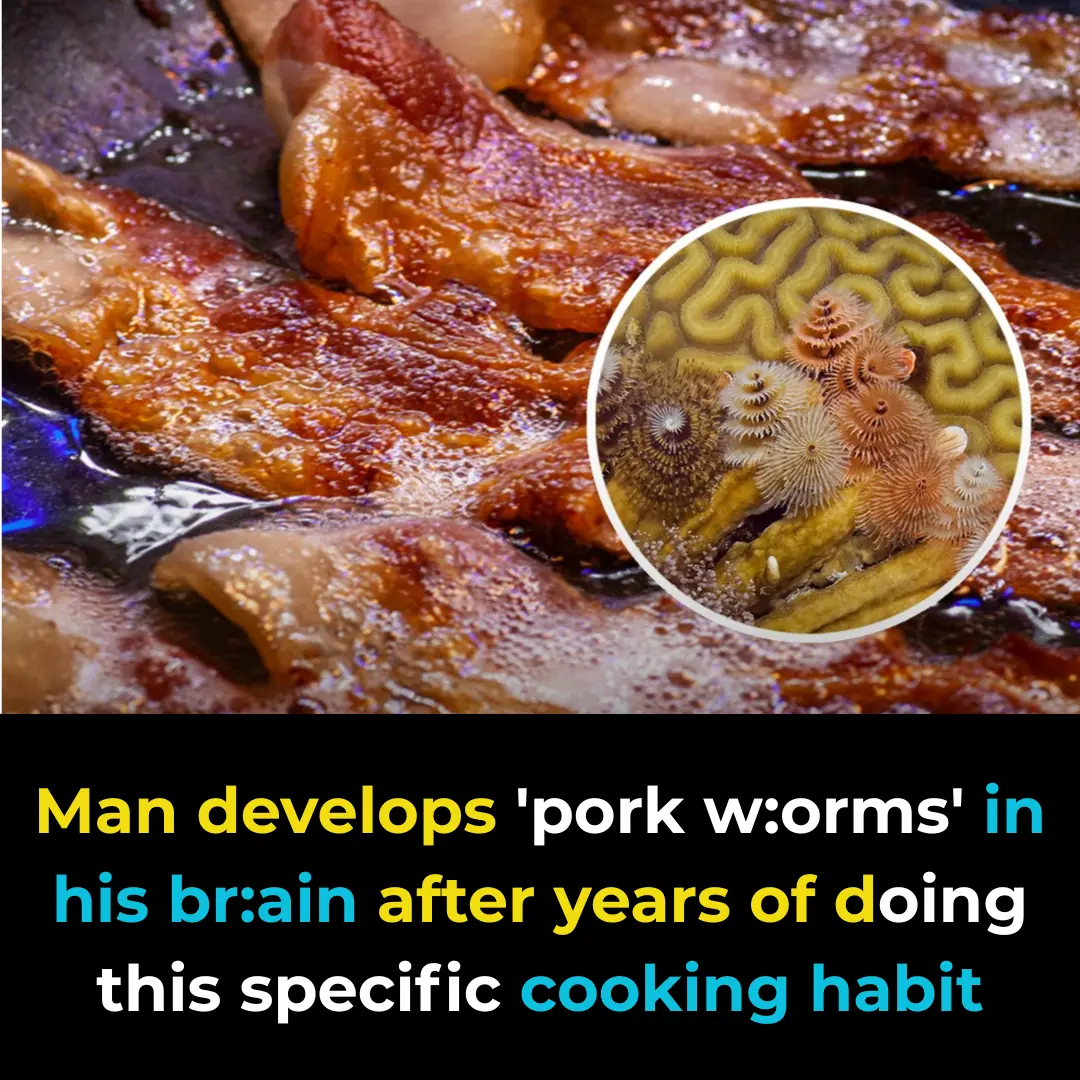
Man develops 'pork worms' in his brain after years of doing this specific cooking habit

Woman who d::ied for 24 minutes before being brought back to life details exactly how it felt

‘Healthy Man’ Diagnosed With Cancer After Noticing Dog’s Bizarre Behavior Around Him

Nearly 64% of All Bottled Water in America Is Just Tap Water. These Are the Brands.

The difference between the spirit of a loved one and other forces

One Swedish man replied to all those who wondered how people live in such tiny apartments by showing his own
News Post

There’s a “Hidden Switch” on Your Water Heater: Using It Properly Can Make It Last Over 10 Years

There’s a Hidden Button on Your Air Conditioner Remote: Turning It On Can Cut Your Monthly Electricity Bill in Half — Don’t Miss Out If You Don’t Know!

Simple T-Shirt Image Is Driving the Internet Crazy

Great hacks every family needs
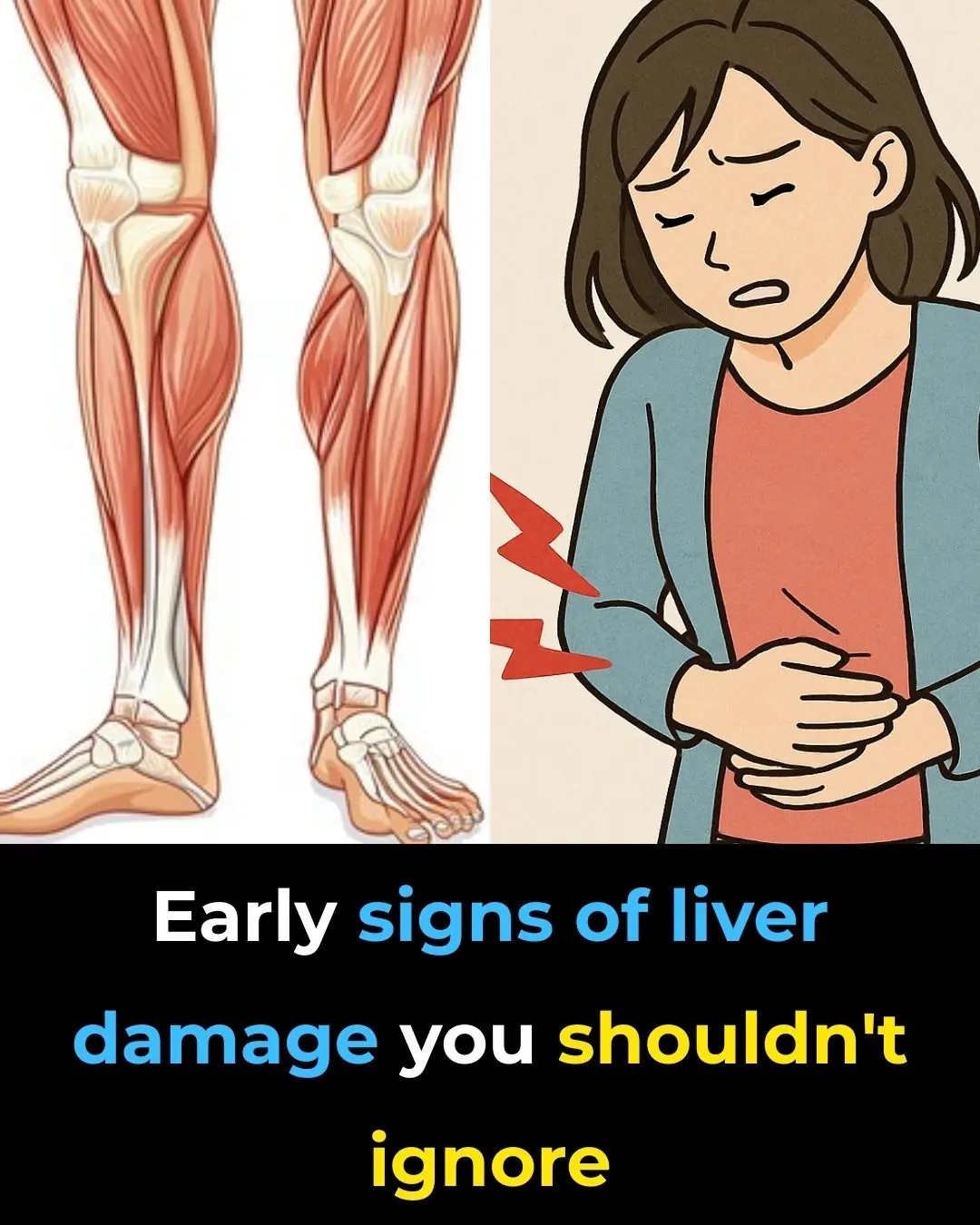
Early Signs of Liver Damage & How to Strengthen Your Liver
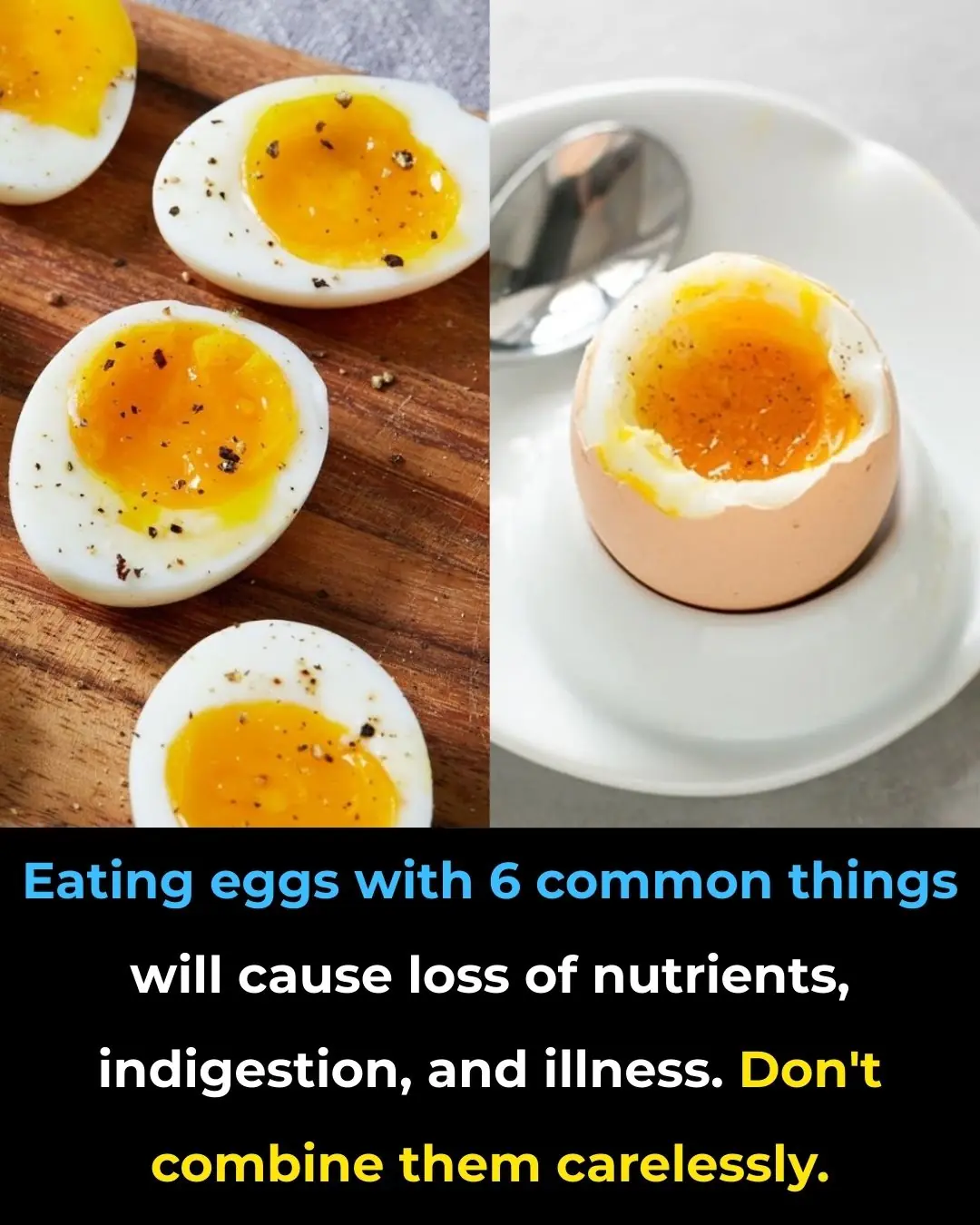
6 Foods You Shouldn’t Eat With Eggs
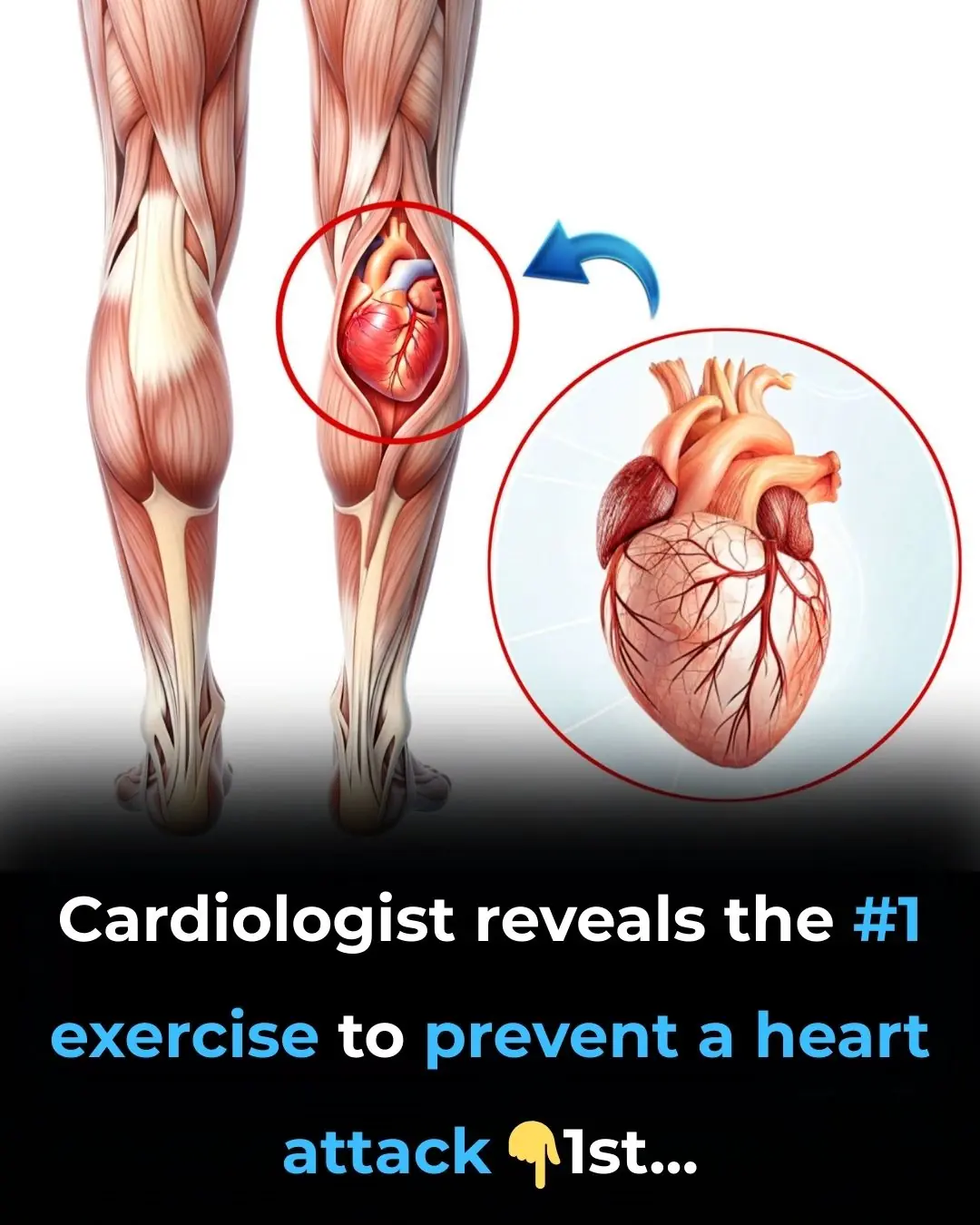
Cardiologist Reveals the #1 Exercise to Prevent a Heart Attack
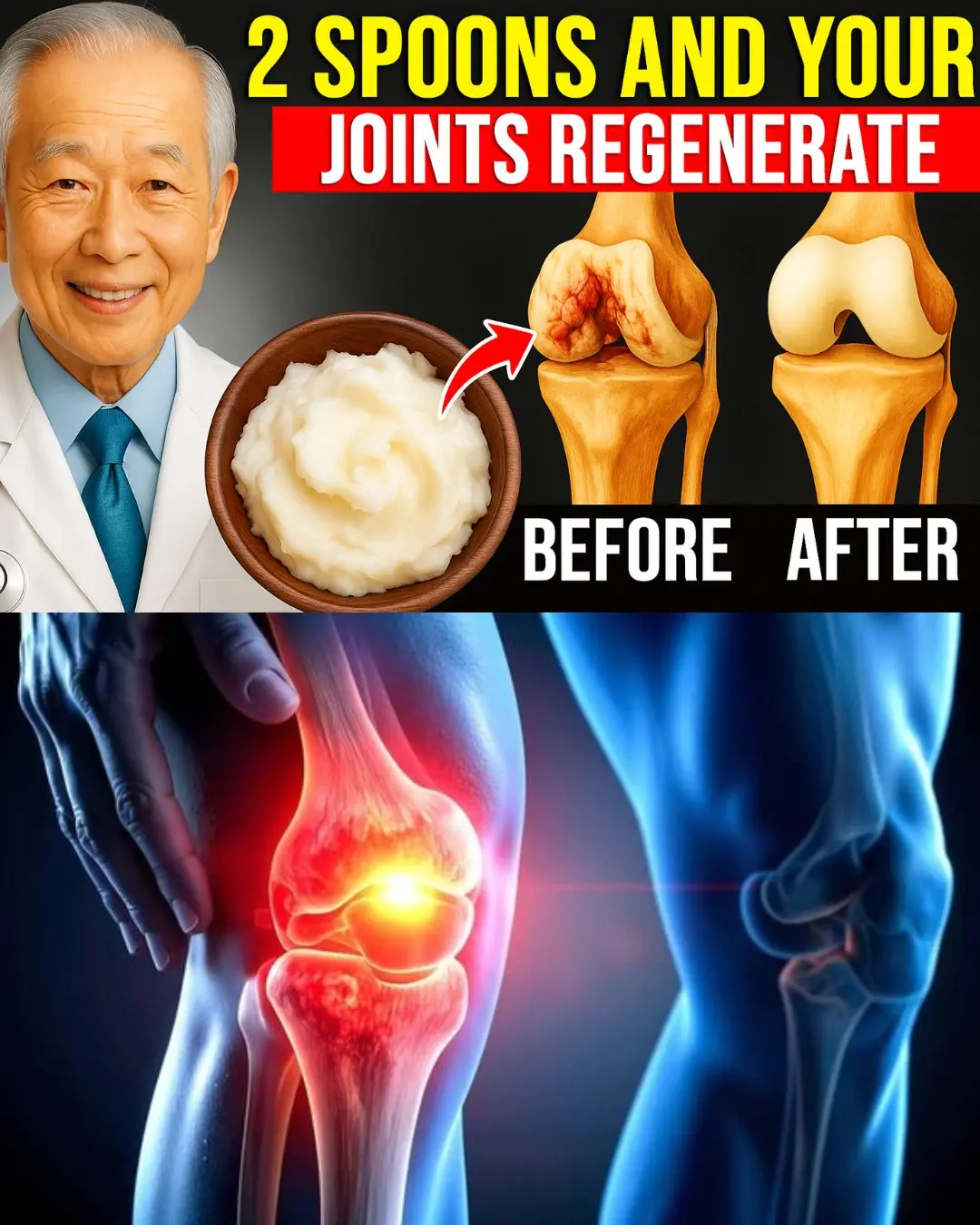
Boost knee cartilage with this simple but powerful drink

A small but effective tip

How to Cook Sticky Rice Without Soaking Overnight: Soft, Chewy, and Super Fast

How to Unclog a Sink Drain Without Calling a Plumber

Expiring Food: Should You Buy It or Not? The Answer Might Be the Opposite of What You Think

Couple’s Walk Leads to a Rare $70,000 Ambergris
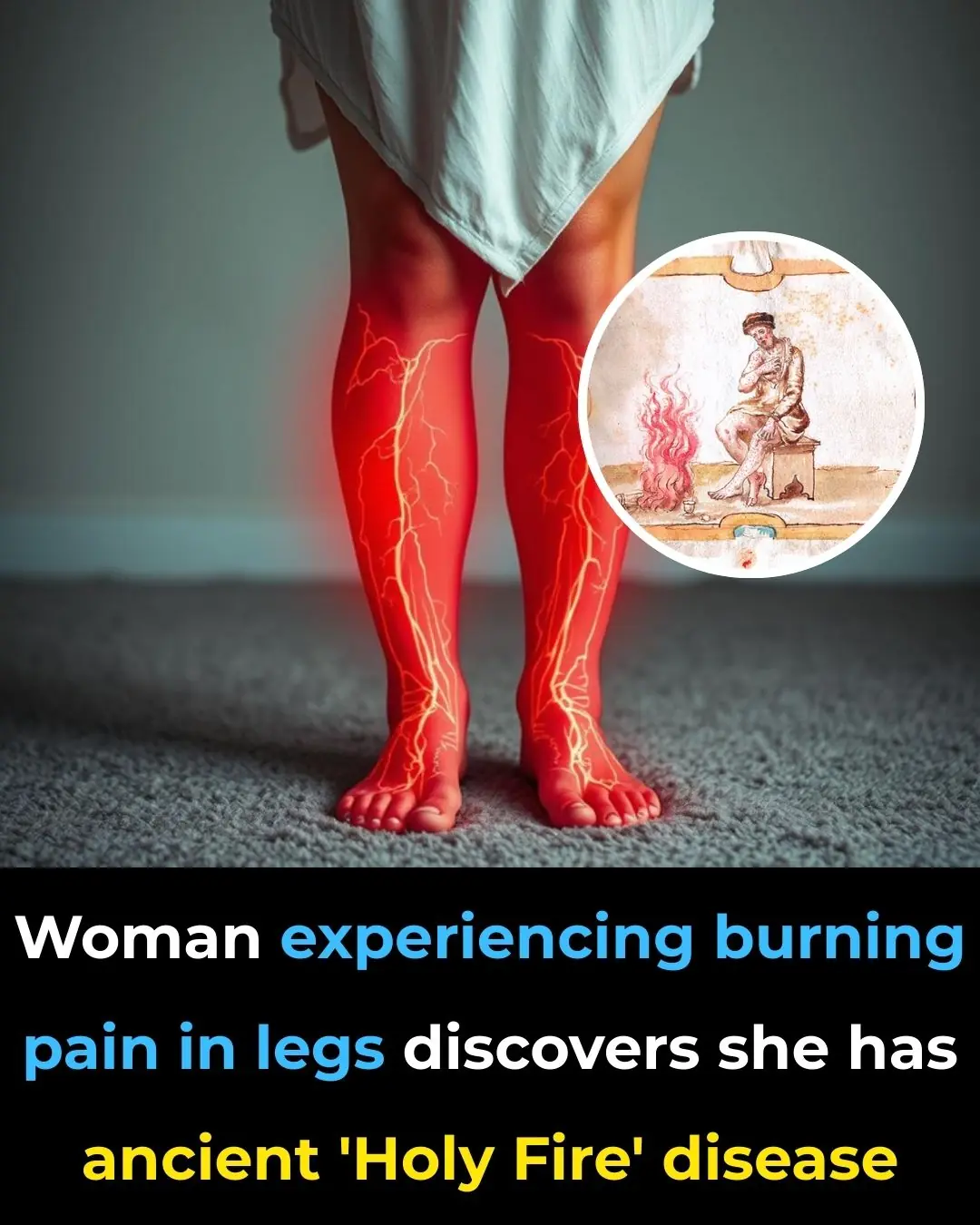
Woman Experiences Intense Leg Pain, Discovers She Has a Rare Ancient Disease Once Called ‘Holy Fire’

Homemade Baking Soda Cream: Say Goodbye to Wrinkles and Dark Spots

Goodbye, Blood Sugar! A Simple Natural Drink That Helps Balance Glucose Levels

Tomato Benefits for Skin – Rub Tomato Slice on Face
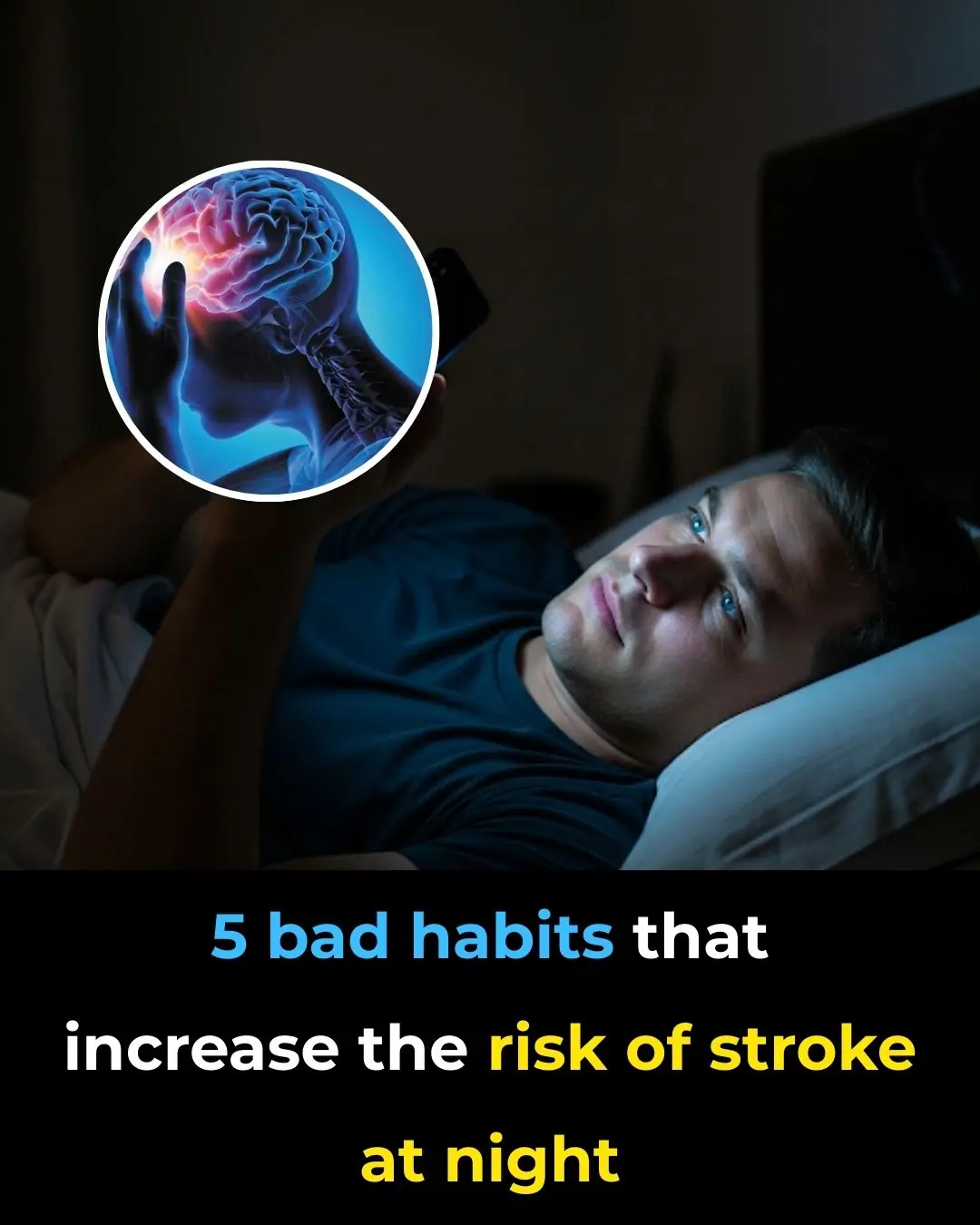
Nighttime Habits That Increase Your Risk of Stroke
